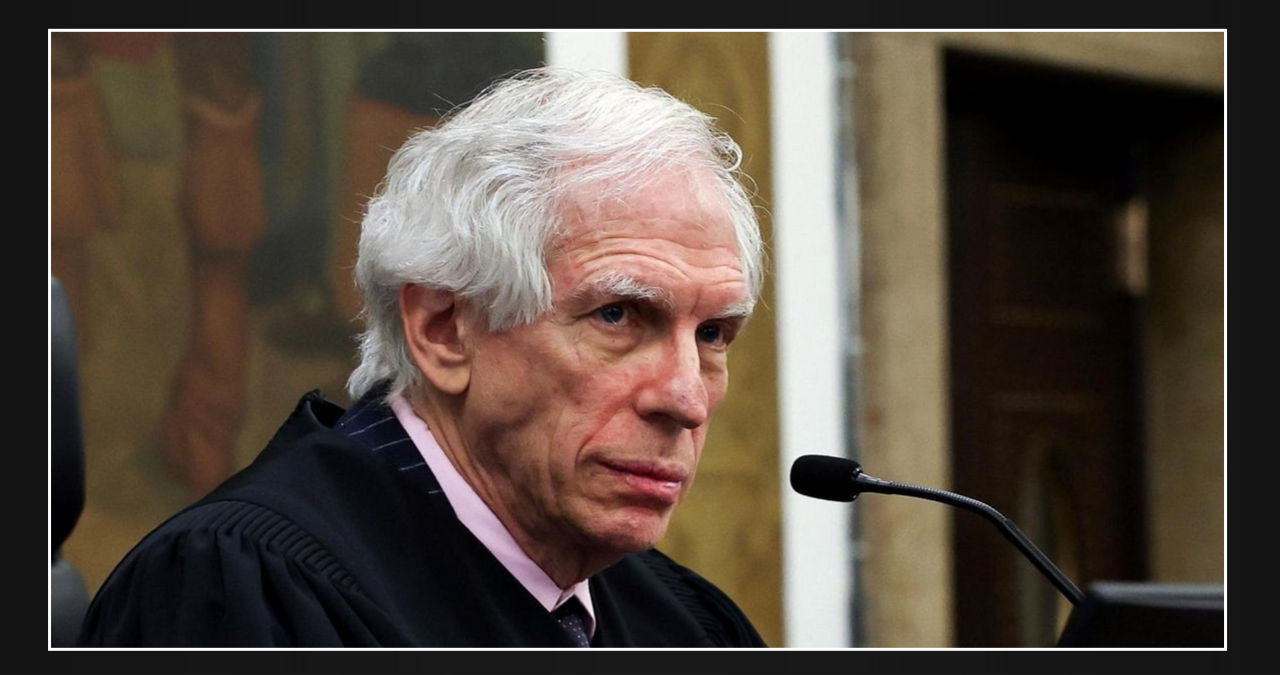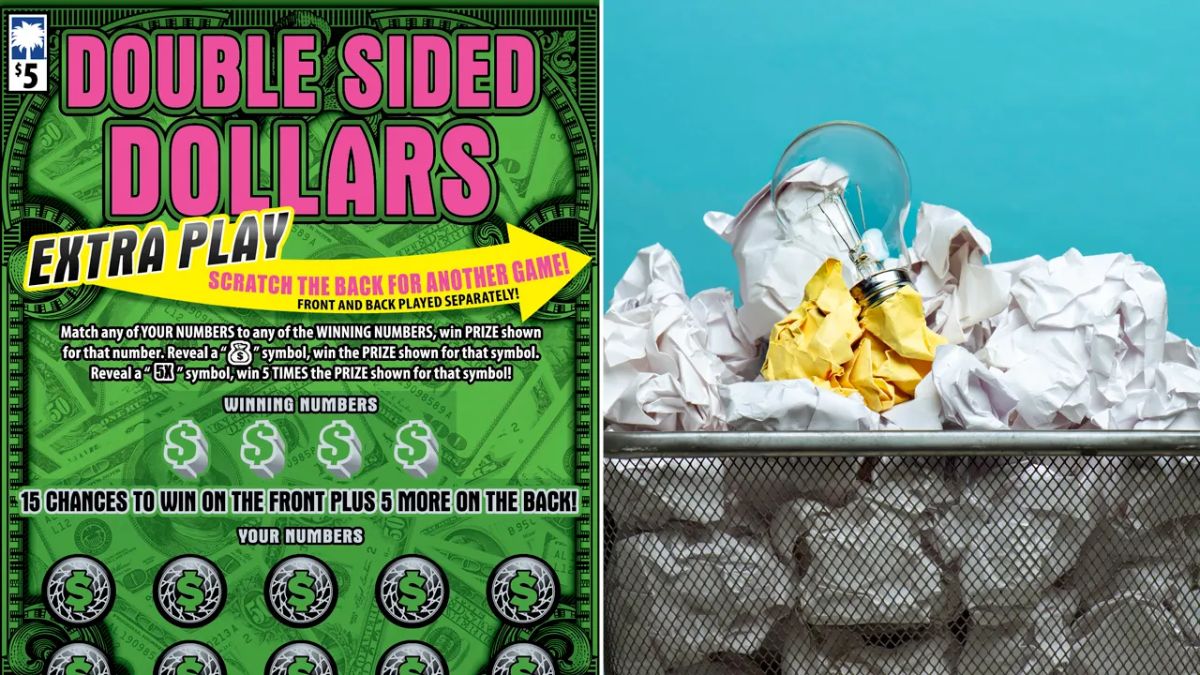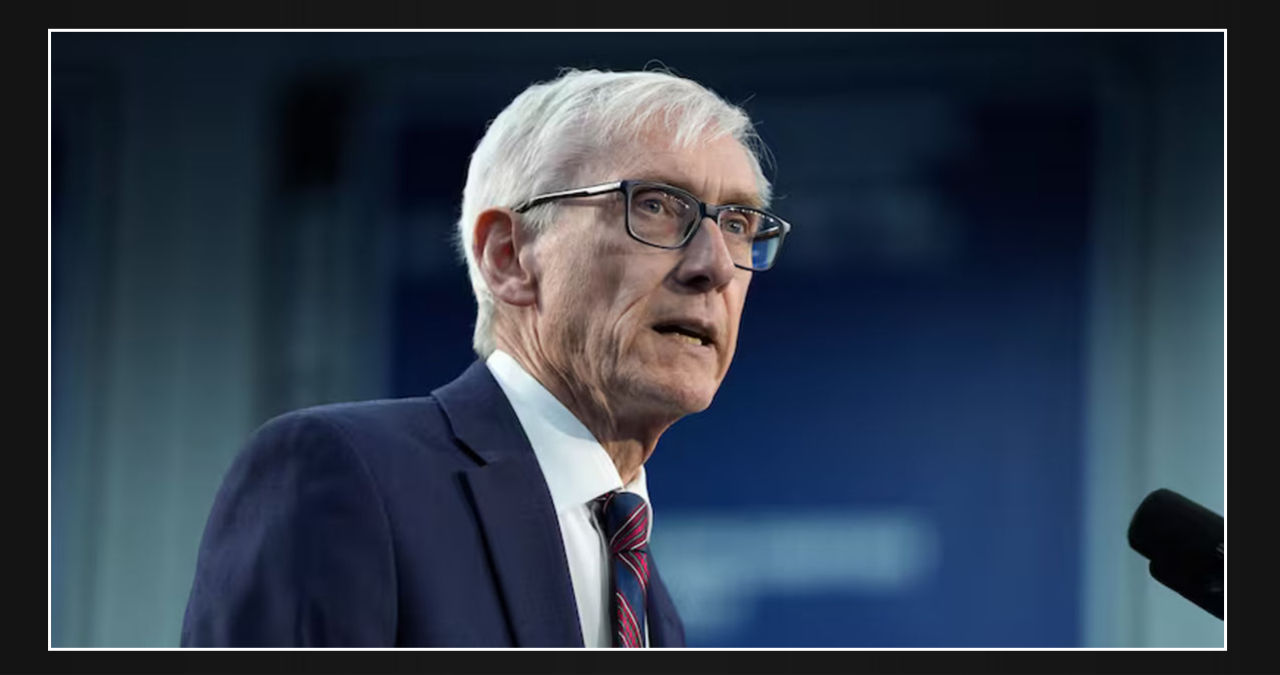A New York judge, who directed Donald Trump to pay a civil fraud judgment of almost $500 million, has announced that he will not recuse himself from the case. This decision comes despite concerns that the verdict may have been influenced by a brief conversation he had with another attorney, which he deemed to be insignificant.
In response to a request made by Trump’s attorneys, Judge Arthur Engoron issued an eight-page order addressing a claim made by real estate attorney Adam Leitman Bailey. The claim suggested that the Judge had discussed the state law related to the case before the verdict. However, Judge Engoron refused to recuse himself based on this claim.
Engoron strongly countered the attorney’s account of their February meeting in his ruling. He stated that Bailey had confronted him in a hallway of the courthouse and pursued him down the stairs and onto the street, continuously discussing his interpretation of the law in a monotonous manner.
Engoron clarified that he did not start, invite, encourage, participate in, or gain any insights from Bailey’s outburst. He further stated that he did not derive any pleasure from the incident, which lasted for approximately 90 seconds.
In May, NBC New York published an interview where Bailey stated that he had a conversation with Engoron about the case just before the verdict was announced. Bailey shared his interpretation of a pertinent law with Engoron during their discussion.
Last month, Trump’s attorney Christopher Kise filed a document stating that the conversation possibly breached state regulations regarding judicial communications and resulted in a questionable appearance of impropriety. Kise also mentioned that this incident had severely damaged the integrity of the ongoing proceedings.
According to reports, an inquiry by the New York State Commission on Judicial Conduct into the conversation was the reason for the recusal request.
According to Engoron, he has not been contacted by the commission and is not aware of any investigation. During the widely publicized trial, he mentioned that he was often approached by individuals on the street, at restaurants, parks, and while using public transportation.
In his statement, he mentioned that he receives unsolicited comments from people, which could either be complimentary or derogatory. However, he emphasized that these comments do not have any impact on his decisions and rulings. He also shared an experience where he had to encounter such situations but didn’t feel the need to report them.
In his statement, he said, “If Bailey hadn’t tried to enhance his image as someone capable of influencing judges, I probably would have completely forgotten about the incident by now.”
The judge’s decision did not elicit any response from Kise or Bailey, despite being contacted via email.
On February 16, Engoron made a ruling that Trump had been dishonest with banks, insurers and other entities about his wealth. It was uncovered that Trump, his company and high-ranking executives, which included his sons Donald Trump Jr. and Eric, had plotted for several years to exaggerate his net worth on financial documents that were utilized to obtain loans and broker deals.
The penalties levied against Trump by the judge amounted to $355 million. However, due to the addition of interest, the total has now escalated to over $471 million. This figure includes an additional $17.1 million that has accumulated since the verdict. If Trump fails to pay, the amount will continue to increase at a rate of nearly $112,000 per day, unless the verdict is overturned.
In April, Trump made a payment of $175 million as a bond to prevent James’ office from seizing his assets while the appeal is ongoing and to stop the collection of the judgment.






